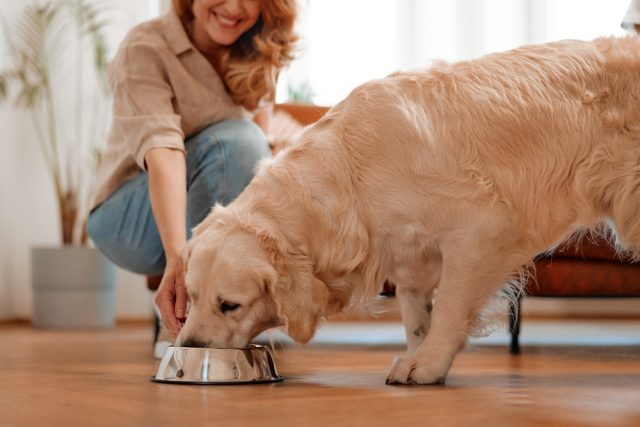In honor of National Pet Diabetes Month (November), we asked Dr. Phil Baxter, Chief Veterinary Officer for Vet On Demand, to give us the most important things about managing dog diabetes.
He says: “These points will increase your dog’s chances of having fewer issues and a higher quality of life for longer if you will apply them. Diabetes is a very difficult disease to control in dogs because it can constantly change. Good luck and good care with your dog!”
#1 – Regular Checkups
A diabetic dog needs 6-month checkups (twice yearly) as long as there are no issues. If there are issues, then these need to be more frequent.
#2 – Regular Labwork
Twice yearly CBC and Full Chemistry lab work for dogs with no issues. If your dog has issues, you should be doing lab work even more often. These are necessary because diabetes affects other organ systems secondarily. It is important to monitor their glucose level as well as the status of other organs.
#3 – Rapid Care for any sickness or injury
Just as in people, diabetes affects overall health and healing. Addressing these issues promptly increases the chances of your dog recovering.
#4 -Insulin 101
It’s important to learn about Insulin: how to store it, how to prepare for injection, and how to perform the injection properly.
#5 – Symptom Monitoring
Be aware of your dog’s daily actions. Observe them for changes in water consumption and urination, changes in appetite and weight, and changes in appearance of the eyes (cataracts – whitish to light blue in the pupil of the eye). Call your vet if you see any changes, even if you aren’t sure if it’s important.
#6 – Home Blood Test
Glucose home monitoring glucometers for pets are now available and very good. These enable you to better regulate their insulin.
#7 – Dietary Management
Use a recommended diet in the appropriate amounts on a regulated schedule. This helps control spikes in their blood sugar.
#8 – Exercise
Consistent moderate exercise – not sporadic or excessive – helps keep their body functioning. Plus, being overweight will exacerbate a diabetic dog’s problems.
#9 – Be Prepared for Emergency
Have Karo Syrup or honey available for low blood sugar episodes, and know the regular and after-hours veterinary contact phone numbers.
#10 Commitment
The parent of a diabetic dog must be consistent, observant, and responsive to changes. This is the best way to keep your diabetic dog healthy and comfortable. The sooner you detect changes, the better.





